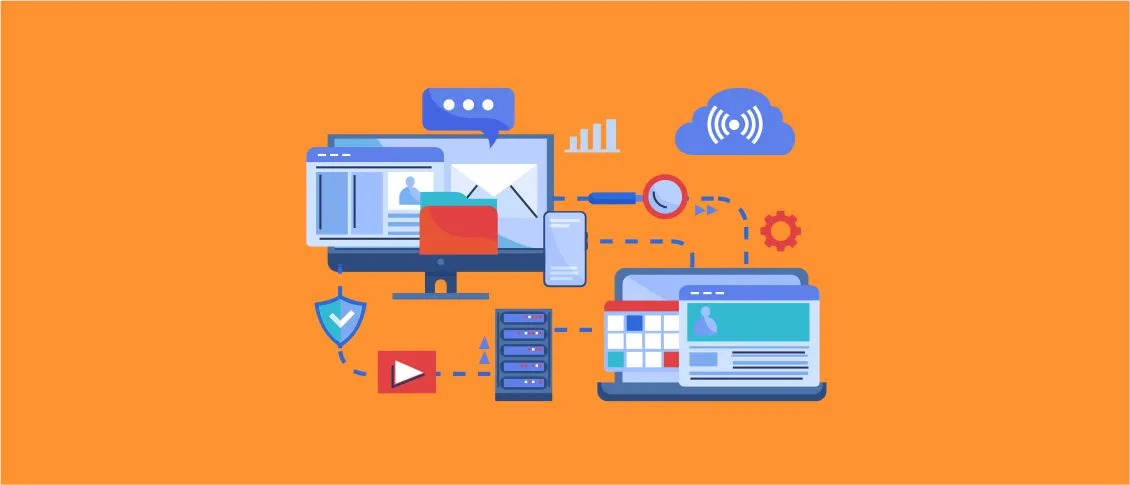Overview
If you are reading this text, you’ve probably already heard about legacy software migration and now you are considering this option. Right?
To migrate or not to migrate from legacy to up-to-date .NET versions – is one of the main questions that can blow up the mind of any owner of the software that has been in use for a while. Of course, we are not speaking about the products developed 6 months ago. We are speaking about those ones that were built on previous .NET versions.
Migration to up-to-date .NET versions: why is it necessary?
.NET that is offered by Microsoft is an advanced, secure and highly adopted platform. However, it is obvious that the newer its version is, the more benefits it can offer. Why? The explanation is absolutely simple.
Microsoft started its work on the first version of .NET in the 1990s. Can you imagine how many things have changed since then especially in the IT sphere? Yes, with the flow of time your software can just become irrelevant in the modern world.
We have prepared for you an entire list of factors that may become a reason for you to think about migration from legacy to up-to-date .NET versions:
- Old-fashioned UI and out-of-date UX design. In the epoch of high technologies, users have become rather demanding when it comes to the way of interaction with software (and that’s not bad). If software doesn’t meet users expectations, there are little chances that users will like it;
- Limited functionality. However, newer technologies can offer you a much wider range of features;
- Impossibility to run your software on new devices. It’s a widely-known fact that recently developed devices may not support “ancient” apps and other programs;
- Lack of professionals to work with your software. As you know the labor market is quickly developing and getting adapted to the needs of the industry. If one day you stay practically the only user of the software working on the old .NET version, it may happen so that there won’t be developers and engineers to help you with it.
What risks may you face using an old version of .NET?
- Absence of support from a vendor (yes, it may happen so that one day the provider will just cease the support of some .NET versions);
- Expensive and difficult maintenance;
- Poor scalability and adaptability;
- Deterioration of your company’s reputation (if you provide software for customers, it is obvious that their impression is based on the quality of your software as well)
Benefits of .NET legacy software migration
“What will I get if I decide to migrate my legacy software to an up-to-date .NET version?” – it is a very reasonable question that you may ask.
However, we are ready to answer it.
The migration will ensure:
- reduced maintenance and support costs (the older your software is, the higher the costs are);
- faster deployment;
- enhanced user experience;
- wider functionality;
- better compatibility with new devices.
Summary
If after reading this text you think that we insist on migration, it’s not so. We never offer to migrate legacy .NET software to any newer versions, if we are not sure of the feasibility of this process.
Before making a decision about the necessity to migrate your software, we always conduct a thorough analysis and weigh all pros and cons.
That’s why you can be completely sure that if we recommend a migration of your legacy software, this decision really has its grounds.











